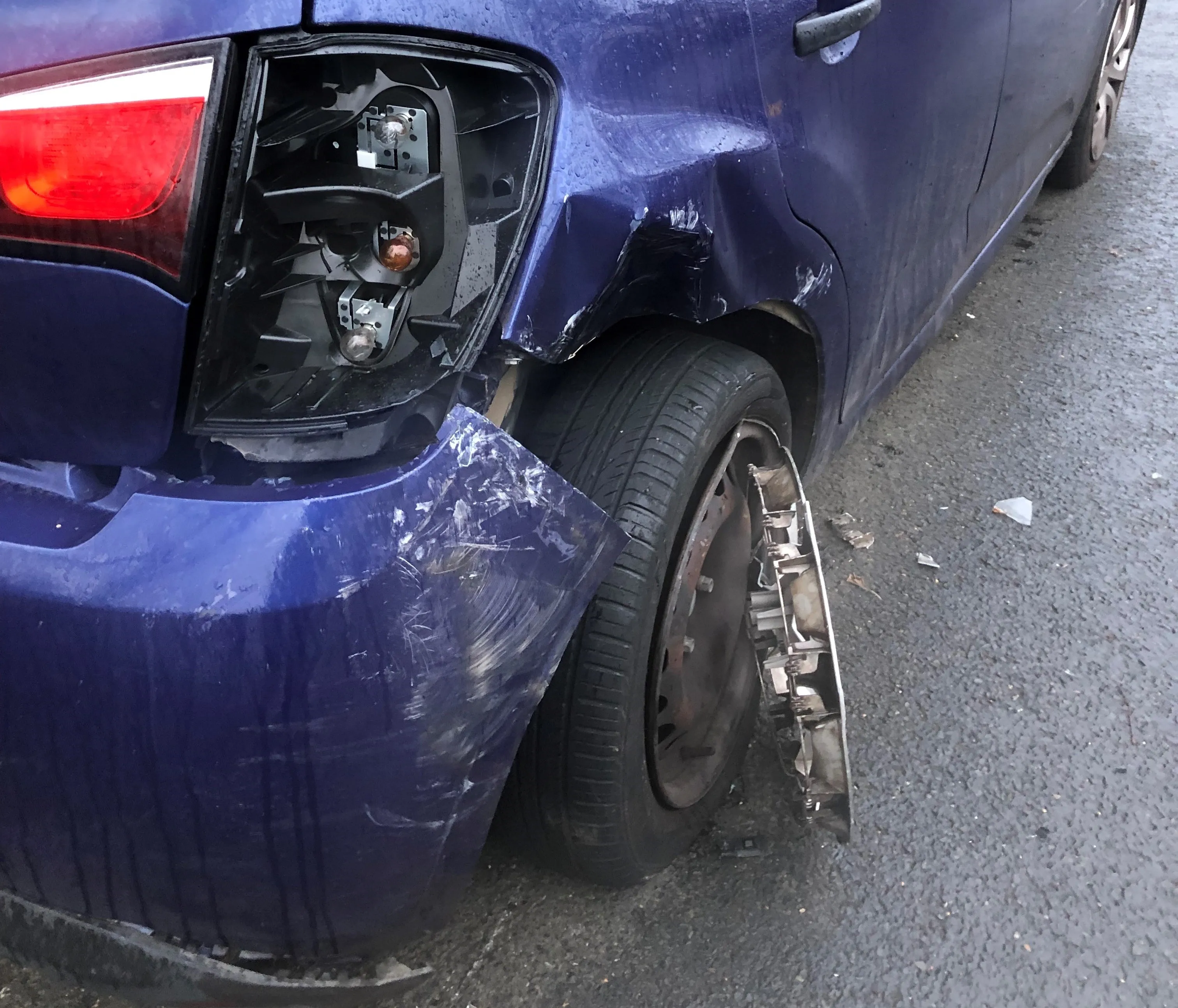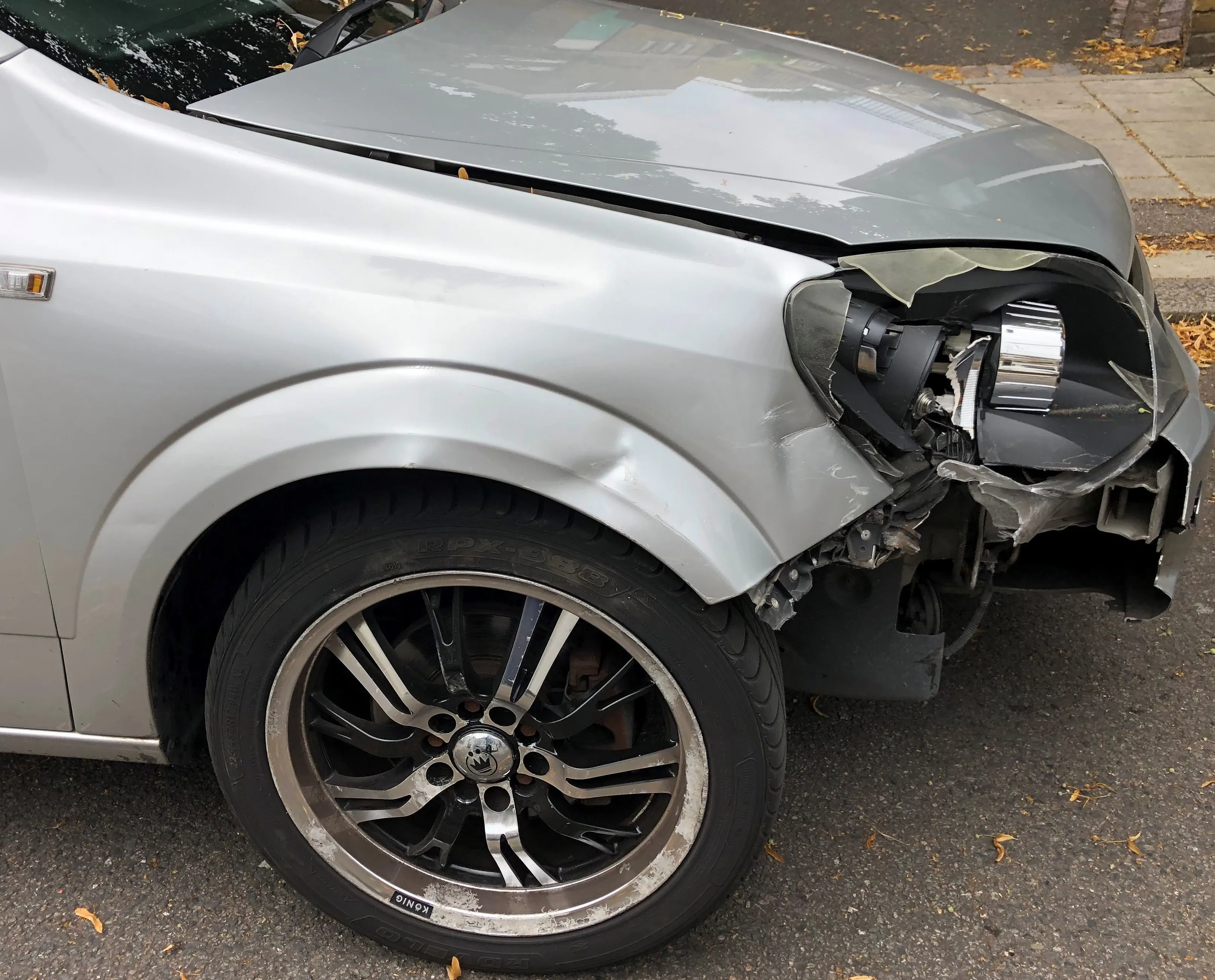Data revealed by the Indonesian Government highlights a high annual death toll on the country’s roads. Around 4,000 people/year die in road crashes in Indonesia, while the figures for those seriously injured are higher still. Three major factors have been highlighted as the major causes. The country suffers from a lack of traffic and transportation law enforcement. There is also a lack of traffic understanding, while Indonesia has serious traffic management problems.
March 15, 2013
Read time: 1 min
Data revealed by the 1065 Indonesian Government highlights a high annual death toll on the country’s roads. Around 4,000 people/year die in road crashes in Indonesia, while the figures for those seriously injured are higher still. Three major factors have been highlighted as the major causes. The country suffers from a lack of traffic and transportation law enforcement. There is also a lack of traffic understanding, while Indonesia has serious traffic management problems.








